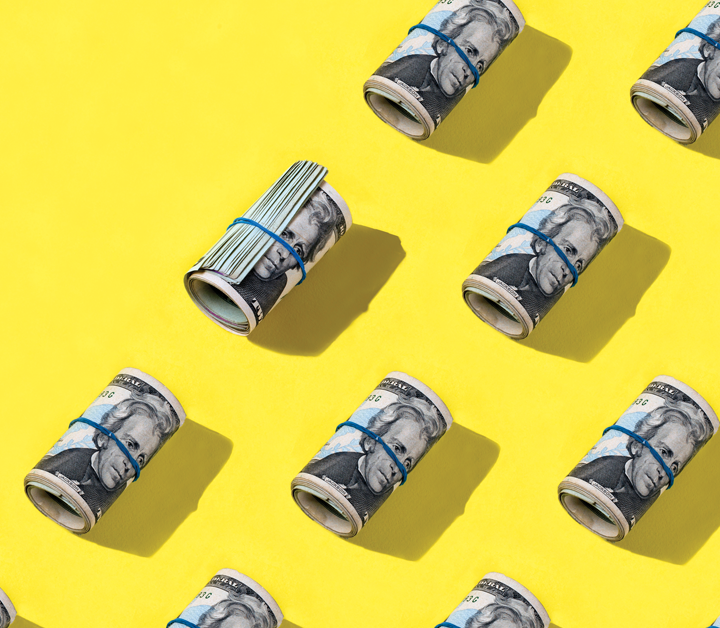
|
As I write this column, news is breaking about the inflation rate. Prices are going up and, in some cases, a lot. The 7.1% inflation rate at press time was the highest level since 1982. That’s the highest level in 39 years.
Think about it. In the 1980s, Ozzie Osbourne bit the head off a bat at a live concert. President Ronald Reagan announced sanctions on Libya. The U.S. broke ground on a new memorial honoring those killed in Vietnam. Sally Ride became the first American female astronaut. And most notably (at least for me) my favorite rock band, The Doobie Brothers, broke up.
I look to the 1980s for a reason. At the time, President Reagan was saddled with high inflation coming on the heels of the Carter administration. There are traditionally two approaches the government has used to tame inflation. One is simply to ride it out and risk it becoming embedded into the economy for years. That was President Jimmy Carter’s approach. The other is to lay waste to it by allowing a recession to occur, which is what the Reagan administration did, ushering in a 40-year period with relatively low inflation. Reagan preferred a flash fire to a slow burn.
Yet the causes of inflation of years past are notably different from the causes of our current situation. Although I would love to rant about my thoughts about COVID-19, that’s better left to others. But notable was the government’s response to the pandemic. The primary tool used to fight the pandemic’s effects on the economy was to overstimulate. Trillions of dollars via direct payments and quantitative easing were rushed into place. The problem was in 2020 there weren’t many places to spend it because much of the economy was shut down.
Then, 2021 came, a new president wanted to make his mark on history, and even more direct payments were disbursed: About $1.6 trillion were sent to individuals who already couldn’t spend what they got in the previous rounds of governmental gift giving. Except by this time, vaccines were in distribution, and, combined with pandemic fatigue, citizens went on a spending binge. They drove up demand and pricing, which put supply and demand out of balance. Add to this the global supply chain disruption, and you have a perfect storm of problems.
For those who think I am oversimplifying this, I don’t disagree. But I have limited space here, so simplification is required. We have too many dollars chasing too few goods. On top of that, the government arbitrarily decided to send money to everyone earning less than a specific amount regardless of their employment status. A lot of money has been floating around, and now there is surplus savings in the trillions of dollars. This is going to take some time. So now what?
I believe it could go a few ways. The most likely is the Federal Reserve continues moving interest rates higher until things slow down. This is recessionary and, in my opinion, the most likely path. However, recessions are bad news in an election year, so President Joe Biden will be under increasing pressure to spend even more, in essence adopting the Carter doctrine. This is also a possibility.
What I would prefer to see is the president announce we are in the endemic stage of the pandemic and annual or biannual booster shots will be needed for the foreseeable future. Much like flu shots are commonplace, so likely will be COVID-19 shots.
When and if the pandemic ends, the economy should return to a more normal pattern of 2%-3% annual GDP growth. The government can stop overstimulating the economy, and a regular cycle of supply and demand should return. I am not entirely hopeful.
For the past 75 years, every time we experienced bouts of inflation, it almost uniformly triggered a recession. That’s my guess now. Not good news, but if a slowdown causes things to return to our boring normal, I am good with being bored.
REID RIBBLE is NRCA's CEO.
@NRCA_CEO
This column is part of News + Views. Click here to read additional stories from this section.



